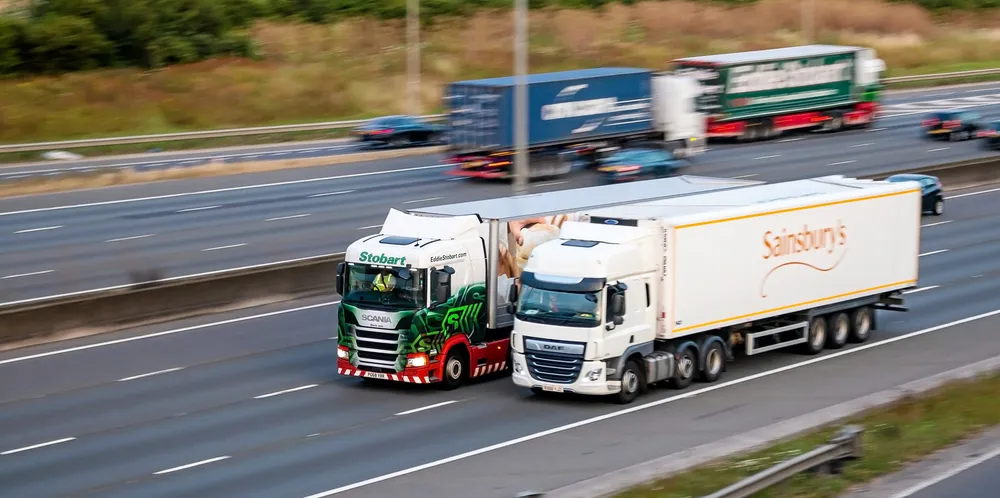'The seafood industry is going to suffer like everyone else': Logistics crisis threatens UK supply chains
Impacts on food industries from truck driver shortages may be worse than those from the coronavirus pandemic.

Impacts on food industries from truck driver shortages may be worse than those from the coronavirus pandemic.
